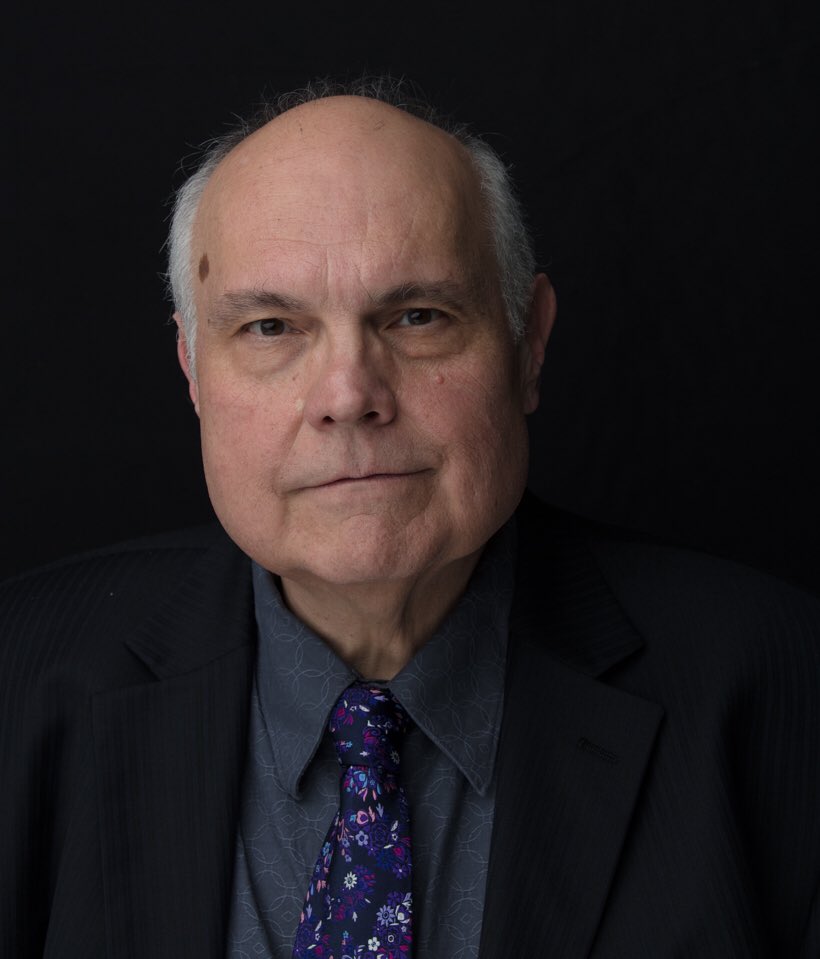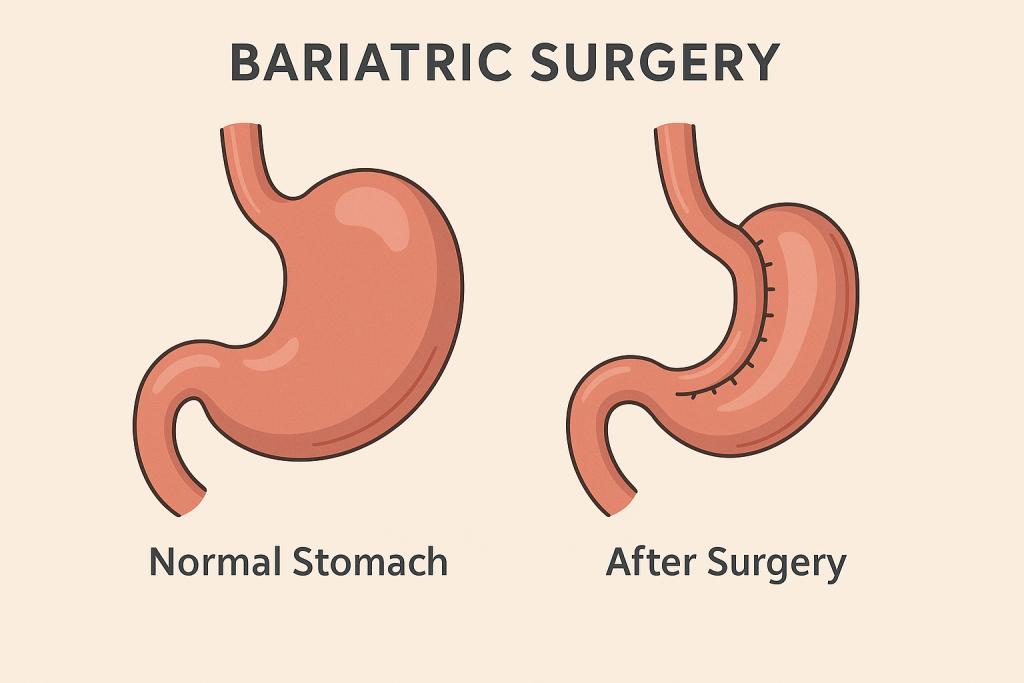Mike McShane Weight Loss – What Actually Happened?
Who Mike McShane Is
You know him – the quickfire American on the UK’s “Whose Line Is It Anyway?”, Friar Tuck in “Robin Hood: Prince of Thieves”, a familiar voice across film and TV. That public profile matters, because bodies change under a spotlight. McShane’s career spans improv, stage and screen, and he’s still working – most recently returning to the Edinburgh Fringe.

What We Can Verify About His Weight Loss
There’s a lot of chatter online. Let’s stick to what’s on record. In a 2006 Guardian interview, McShane said he’d had gastric bypass surgery “a few years ago”. The piece notes he looked very different from his earlier TV days. That’s clear, verifiable, and enough to cut through the rumour mill. Reports elsewhere place the operation in 2003 – reasonable, given the timeline.
Why Surgery Isn’t the Whole Story
Surgery changes the plumbing. It doesn’t write the menu. After any bariatric procedure, the day-to-day work still rules – food choices, movement, sleep, follow-up care. That’s not sexy, but it’s reality. If you were hoping for a magic door marked “Before → After”, you’ll be disappointed. Progress is messy – more accordion than straight line.
For McShane, the public trail shows a performer who kept grafting – theatre, voice work, TV – rather than parading a diet brand. That silence is telling. Many people who maintain weight loss stop turning it into content. They just live. Possibly that’s the best advert of all.
Separating Fact from Filler
Here’s the bit many won’t like: beyond that confirmed surgery, there aren’t trustworthy interviews listing kilos, meal plans or secret hacks. If a blog gives you exact weekly losses tied to McShane, be sceptical. Use the sniff test – is there a named source, date, outlet? If not, treat it as fan folklore.
So what can you reasonably take from his story? A few grounded points:
- It’s normal for creative workers to cycle through big lifestyle shifts between gigs and tours.
- Public recognition can push people to draw a line – surgery, rehab, coaching – then build new routines quietly.
- The best indicator you’ll see is sustained work and presence, not a number on a bathroom scale.
What Actually Helps with Weight Control
Let’s zoom out to what’s proven for the rest of us. The NHS offers a free 12-week plan that covers food, activity and tracking. It’s deliberately boring – which is why it works. Pair that with the UK guidelines: aim for 150 minutes a week of moderate activity, plus two strength sessions. Small, repeatable moves beat heroic sprints.
Practical levers you can pull:
- Simplify meals – protein, veg, whole-grain or potatoes, water. Then repeat.
- Walk daily – stack steps into your commute or lunch.
- Lift something twice a week – bodyweight is fine.
- Sleep like it’s a job – because it is.
No drama. Just repetition. If you want “McShane-level” change, you’ll need “McShane-level” consistency – the long run of shows, not the opening night.

Two Short Lists You Can Use
Red Flags To Ignore
- Miracle gadgets, celeb “detoxes”, or any plan that bans whole food groups without medical reason.
- Anonymous claims about someone else’s weight – without dates, quotes, or outlets.
- “One weird trick” language – it’s marketing, not medicine.
Green Flags To Copy
- A weekly routine you could keep during your busiest month.
- Food you’d still eat in six months.
- Movement you don’t dread.
- A progress log that tracks habits, not just the scale.
Bariatric Surgery – When, Why, How
Gastric bypass isn’t a shortcut – it’s a clinical tool for specific cases. Eligibility and aftercare are determined by clinicians, not headlines. If you’re considering it, speak to your GP and get routed to an NHS bariatric pathway, where appropriate, or start with the 12-week plan while you gather information. Be blunt with yourself – surgery changes what and how you can eat. It doesn’t remove choice.

The Human Side of a Public Body
McShane has been famous long enough for audiences to “remember” a shape. That can be cruel. Bodies carry careers, grief, joy, and the cost of touring. He once joked that, post-surgery, Hollywood wasn’t sure where to put him. That’s how casting works – type first, nuance second. Honestly, it’s a neat metaphor for our own bias. We pigeonhole, then we notice the person years later.
My Take – Plain, Not Pretty
If you came for a crash-diet blueprint with Mike’s name on it, it isn’t there. What is there is an adult decision – surgery – followed by years of steady work and a quieter life around food. That’s not contradictory; it’s mature. If you want to copy anything, copy that posture: do the necessary thing, then move on.
If you’re starting today, keep it simple. Pick one habit you can nail this week – daily walks, a protein-first breakfast, or a fixed lights-out time. Hold it for four weeks. Then add the next. You’ll feel slow. Good. Slow lasts.
